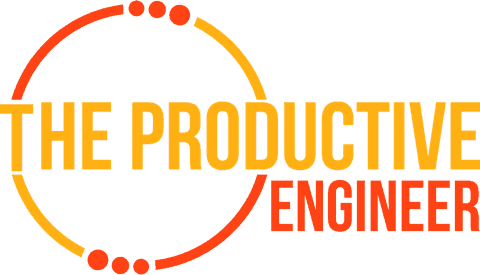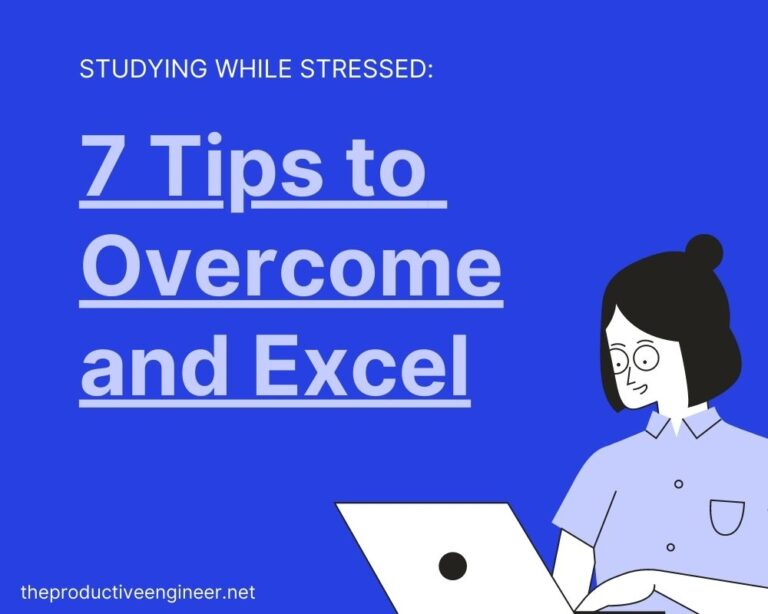A Guide to How to Self-Study Effectively

Mark Twain said it best “I have never let schooling interfere with my education.” It would be amazing if our college system was designed to teach us all the skills we needed to perform the job we want, but the curriculum simply isn’t that robust. You absolutely must know how to self-study effectively to be successful in anything.
So how do you self-study effectively? There are four simple but critical steps in teaching yourself a new skill:
- Pick a topic and do basic research
- Define your objective and set your goal
- Develop a plan and make a schedule
- Achieve your goal and set another
Before anything else, in order to effectively learn a new skill, you need to remember to have fun and have an objective. Although it is possible that you stumble into learning a skill through work or as a piece of a larger objective but generally, you have to go out and work for your valuable skills, so having an objective and keeping it fun will improve your odds of success.

If you are looking for more study tips, check out my 25 best study tips at the link below:
25 Awesome Study Tips to Improve Your Academic Performance
If you are looking for the best study tools out there, you should read our article on the best study tools to enhance your studying at the link below:
The Ultimate Study Tools You Must Use to Succeed!
Let’s get a better understanding of what self-study is all about and how to really get it done right.
If you are looking to improve your writing, you should really check out Grammarly. Grammarly is a godsend for those who have to write term papers, dissertations, or anything else you write that needs to be grammatically correct. Grammarly doesn’t just check grammar either. It helps you to write clearly and effectively by checking for overused words and unclear phrases. Best of all, Grammarly has a great free tier to get started with. For more information on Grammarly, click the link below:
Grammarly – Great Writing, Simplified
What is Self-Study?
Self-study has always been a thing, but it really becomes a buzz word in the last few years. So, what exactly is self-study? Dictionary.com defines it as: “the study of something by oneself, as through books, records, etc., without direct supervision or attendance in a class.” (Source)
Anytime you choose to learn something outside of an educational system, you are practicing self-study. If you are choosing to go beyond the classroom and learn more in-depth about a class subject, you are practicing in self-study. Its something we all do through-out our lives already.
Why Do I Need to Self-Study?

If life were a video game, your skills would be equal to your health and who you know would be the currency. Obviously, life is easier when you know people who can get you the job, but if you have no skills, then you won’t last long. On the other hand, you can have zero network, but if you have a plethora of skills to fall back on, then you will live to fight another day.
Honestly, in today’s society, you cannot possibly live a successful, fulfilling life without ever learning something new. Several decades ago, we used to be more community-dependent, but now we are living more independently within our community and even in our own houses. Whether its needing to know why our internet is running slow or wanting to take up fly-fishing, we have to be able to teach ourselves the answers to our questions.
How to Self-Study
Pick a Topic and Do Basic Research
This step happens a lot of the time organically. This is when we discover that we need a new skill in order to progress in some way, or our interests have been piqued by something. Often, we grab our phones and do a quick google search, or if we are talking with someone, we ask a follow-up question or two just to get clear on the topic. Then we decide if it is worth pursuing further.

After we decide that a topic is worth putting effort into exploring, we have to do our basic research. Some good things to know about are:
- Costs Involved
- Estimated time to achieve working knowledge or deep understanding of the topic
- Overall feasibility, taking into consideration your current lifestyle.
Basically, find out what you are really signing up for and if that is something you can do right now.
Define your Objective and Set Your Goal
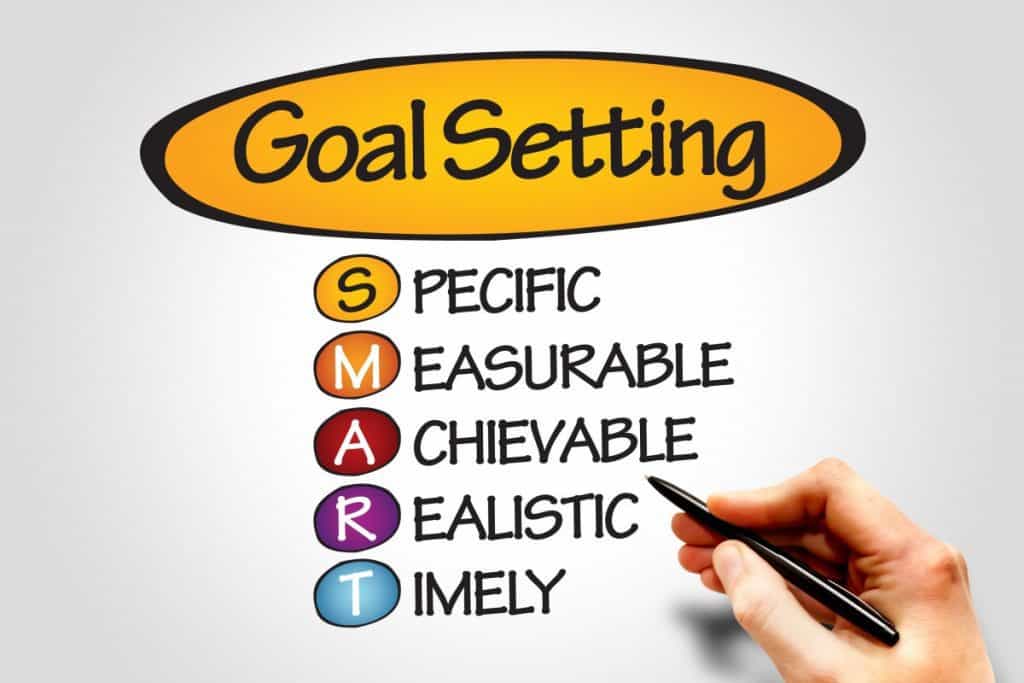
I think this is the most important step; if you don’t do this step correctly, then you are just going to be running around gathering bits and pieces of information with no end game. You have to define your objective specifically; why are you committing the time and effort to learn this thing. For example, the objective might be to go scuba diving in Cancun so, the goal is to be scuba certified by next summer.
This is where most people get stuck and never develop further. Basic research will only get you so far, even if you read, listen to, and watch everything related to painting, you will never be a skilled painter if you do not commit to moving forward with the actual painting process. So, get clear on your objectives and set a goal to achieve definitively.
Develop a Plan and Schedule
So now you have a clear idea of what you want to accomplish and know what is involved in making that happen you just have to come up with a plan of attack. We have talked a lot about scheduling and planning. The main difference here is that you are all on your own when making up the “due dates”. For some, being in charge of the project will make it easier to push off; for others, setting a date for yourself will make it take precedence over all else.
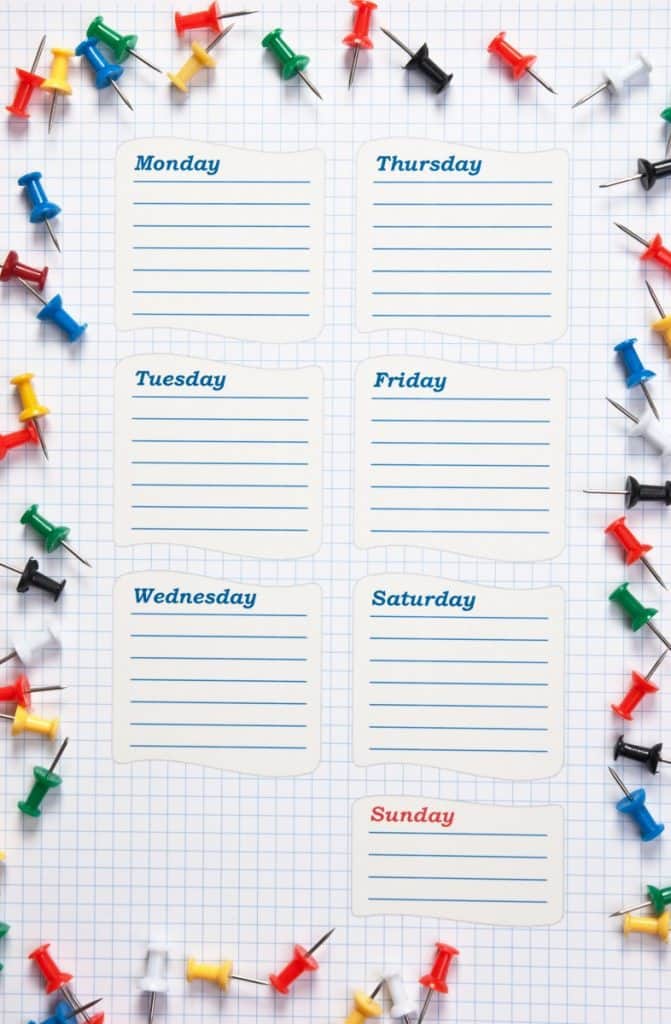
You want to make sure to give yourself enough time; if you already have school 40 hours a week, take it slow. There is no rush here; we want a quality understanding, not a quick and dirty answer. If you have never planned something like this out, it may take a while to nail down a schedule. You don’t have to get too detailed, for example, if you wanted to learn how to eat organically, a weekly schedule might look like:
- Discover and make two at-home meals
- Find one eat-out meal that you really like
- Watch one documentary on organic eating lifestyle
By the end of 6 weeks, you will have a custom made all-organic menu and have a great understanding of what it means to eat all organic.
If you are struggling to build a schedule, check out our article on the Pomodoro Technique, a great time-management system, at the link below:
Achieve Your Goal and Set Another
Now that you have successfully accomplished your objective figure out what to do with it. Will you pursue further or simply store this away for future use. The best thing about learning is you are totally in charge of what you do with this new understanding of life. Using our last example, as a newly Intermediate level organic eater, you can choose to continue this lifestyle and dig deeper or, based on your experience, decide that all the extra menu planning wasn’t worth it.
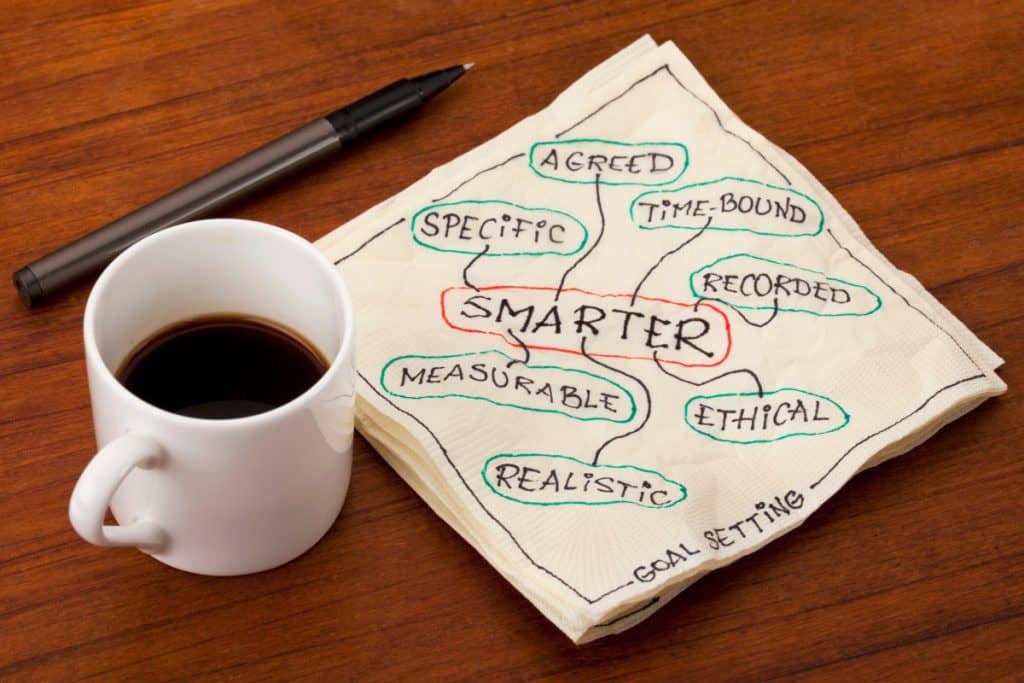
Don’t ever get discouraged if you spend time and effort to achieve a goal, and the result wasn’t what you expected or wanted. That is the whole point of learning. Your interest was piqued; you discovered a new piece of life and whether or not you make that an integral part of your new lifestyle is completely beside the point. You now know if organic eating really does give you more energy or if graphic design is a side hustle you want to pursue etc. Now do more with it or find a new possible passion for following.
Taking Self-Study Further
Now that you have a developed skill, it’s going to be easier to build upon it. This is a great time to really play above your level; challenge yourself to use your knowledge and expand on it. If you just learned how to knit a basic sweater, you can find a quick tutorial on how to do a certain type of design patter and integrate that into your next sweater. Or if you just built a bar stool, you can step it up and add a matching kitchen chair.
Another way to take it further is to learn from the best. Pay attention to the experts in the field, adopting their habits, routines, and work ethics. If you want to be a parkour expert and the experts say it takes 5 hours of practice per week, then you need to be figuring out when you’re going to be putting in your 5 hours a week.
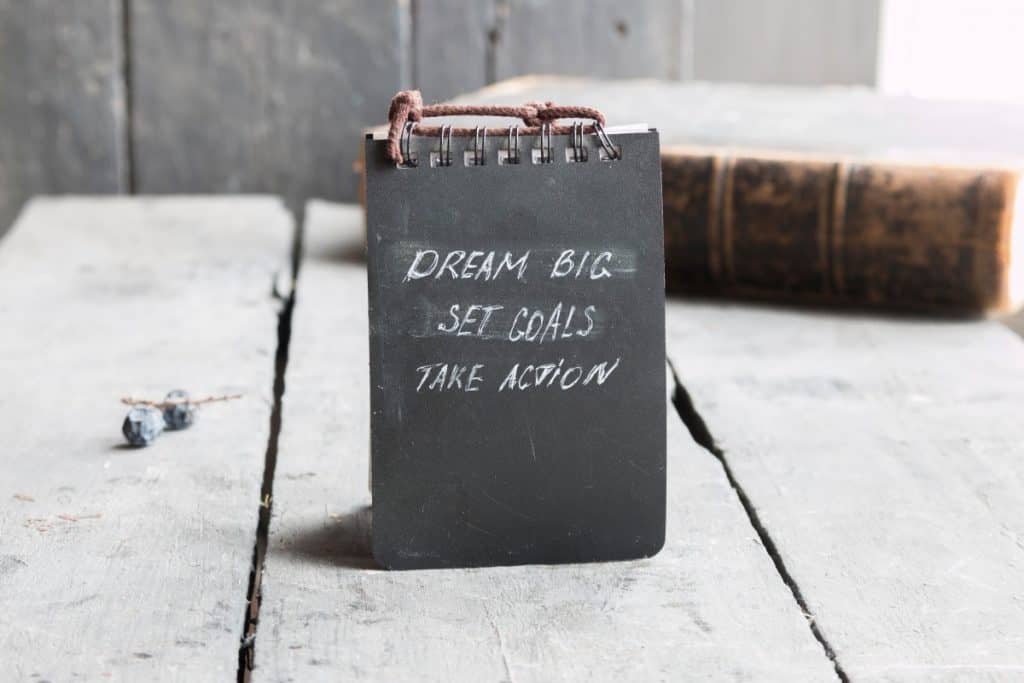
Hustle comes first, passion, and pay to follow. We choose to learn a new skill out of piqued interest or necessity. Either way, you have to put in the work before you can reap the benefits. If you are following an interest like photography, you have to learn all the vocab and settings and rules and then practice all the standard styles before you can truly fall in love with every aspect of it enough to call it a passion while you may get paid to take photos for a studio or theme park you likely won’t get paid for your personal photography for years.
Resources for Self-Study
We live in a time where information is everywhere; there are literally infinite resources for learning anything. You should definitely use multiple avenues to get an in-depth and well-rounded understanding of what you’re trying to learn. Here is a basic overview of my personal picks:
Google/YouTube
Google is the number one search engine, and YouTube, owned by Google, is number two. This is where basically all of your research takes place. You will also need to keep referring back to either one of these services throughout all the other avenues of learning since you won’t always fully understand everything that you’re trying to learn. Besides that, these two are perfect for quick tutorials on a specific question. In 30 mins to an hour, you can learn how to change a tire and legit be able to change a tire.
Blogs/Vlogs
Since we are talking a little bit bigger scope than just wanting to learn how to change a tire, we need to look up so long-form media. Blogs and vlogs will be centered around a whole subject like restoring a 1995 mustang or how to go zero waste or productivity in my case. The truth is, there will be dozens of people who can show or explain how to do something, but finding a few who teach in a way you can easily follow and actually enjoy is the important part.
Free Courses
If you have ever followed a blog or vlog before you already know, they give out lots of free tools. Worksheets, reference sheets, and sometimes free courses. These things can be super helpful and a great jumping-off point. If you are just starting your learning journey, these will be great to get your feet wet and an easy way to try out the teaching style of your favorite bloggers. Once you have used all the free resources they have to offer; it would be a great idea to graduate to one of their paid resources.
Paid Course
You’ve heard, “I taught you everything you know, but I have not taught you everything I know.” While this can still be said for paid courses, you get a heck of a lot more than you would in the free version. Truly, if you want to learn the good stuff, if you want to really know what you’re doing, then you have to pay for it. You get what you pay for, right? No doubt, you can get lots of great information and tools for free, but when you’re ready to step up your game, it’s worth it to pay for guidance.
Do Several Mini-Projects.
Practice your new skill! I’ve already mentioned that knowledge is only half of being a painter, but it’s true with anything. You can’t be a practical expert if you have never practiced your craft. No matter what you are learning there will be projects to do or problems to solve with the stuff you are learning. In a lot of cases there are even tournaments or competitions that you can enter. Don’t get discouraged if you don’t win, it’s not about winning at this point; it’s just about crossing the finish line.
Field Trips
Just like in grade school, field trips are an exciting way to get out of the books and see what you’re learning. Museums, zoos, and nature preserves are great places to go for self-learning. If you are learning how to identify birds by their call, go for a hike and write down all the birds you hear. If your trying to figure out how to be a zero-waste person take a tour of your local trash dump, you will see firsthand the impact of waste and solidify your resolve to be zero-waste.
Books

As with paid classes, buying a book will give you an extra layer of depth about a topic that you might not discover while simply learning how to do something. For instance, I can learn how to follow a workout routine and get in shape, but I might never know the exact exercise to shape an exact muscle unless a get a deeper understanding of how exercise changes our bodies.
Video Series
YouTube playlists and documentaries are a great way to learn complex subjects like history and science, where there are far too many stories or theories to keep straight without visual storytelling. If I want to learn about the black plague, after getting all the basic dates and locations on paper, I really want to see someone show me the story of how it spread and explain how the people were feeling and living through those times.
There are so many more resources for learning from your next-door neighbor to your local Meetup groups. If you want to learn, there are people and places everywhere to help you; you just have to look for them.
Last Thoughts
Learning is an adventure, not the destination. You will never learn everything there is to know there for that can’t be the goal; the goal is to design your life in such a way that you live every day to follow your passion. You are getting a whole multi-year degree in order to chase your dream job why wouldn’t you put in a little time learning to chase your dream lifestyle?
Want More Tips and Tricks? Subscribe to our Newsletter!
If you haven’t already subscribed, please subscribe to The Productive Engineer newsletter. It is filled with tips and tricks on how to get the most out of the productivity apps you use every day. We hate spam as much as you do and promise only to send you stuff we think will help you get things done.
Check Out Our YouTube Channel!
We have a YouTube channel now and we are working hard to fill it with tips, tricks, how-tos, and tutorials. Click the link below to check it out!
Check out our Resources Page
Check out our resources page for the products and services we use every day to get things done or make our lives a little easier at the link below:
